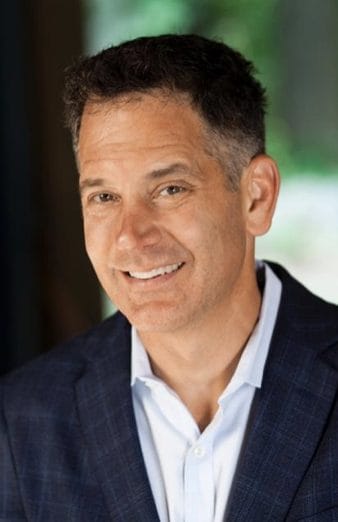Older Americans regularly interact with many different aspects of the healthcare system, from primary care providers to specialists and in-home providers. In fact, a George Mason University survey of 1,500 senior communities found that 78 percent regularly coordinate treatment with at least one third-party provider.
Coordinating care among multiple providers is challenging for anyone, but for seniors especially, managing healthcare needs can often feel overwhelming.
In addition to juggling different providers, many seniors are also managing chronic conditions, like diabetes or heart disease, that require high levels of supervision and complex disease management. And with many seniors feeling isolated from their support networks, working with an advocate to ensure continuity and quality of care is essential for patient safety and well-being.
Barriers to care coordination for seniors
Despite the wide adoption of care management programs over the past decade, significant gaps remain in care coordination for seniors. In a recent survey of senior-aged patients, only about a third reported ever meeting with a formal care coordinator. And about 42 percent reported negative experiences with care coordination, including nearly 15 percent who said they received conflicting information and advice from different providers.
Ineffective care coordination can negatively impact seniors’ quality of care and even increase the likelihood they receive treatments they don’t need. A 2016 survey found that 70 percent of seniors managing chronic health conditions need better care coordination to improve their quality of care and reduce duplicative tests and treatments.
There are many factors that make coordinated care for seniors challenging, including disjointed and varying processes and procedures between primary care, home health services and daily home care. But addressing these gaps is key to effective disease management and continuity of care for seniors.
Why care coordination matters
High-quality care coordination improves seniors’ lives in numerous ways. First off, it ensures seniors receive the proper tests and medications they need and that all the providers working with them are on the same page.
Care coordination also improves seniors’ emotional well-being and overall quality of life by empowering seniors to be active participants in healthcare decisions and providing them with the resources they need to take care of themselves. It can also uncover needs that may not be considered health related but in fact can have material impact on one’s overall health and well-being. Things like access to food, safe housing and transportation.
With the help and guidance of a care coordinator, seniors can live more independently at home for longer. Coordinated care also reduces hospitalizations and healthcare costs because seniors are receiving the right treatments from the right providers at the right times.
A business model that includes both home health and home care offer the opportunity to address gaps between home health services and assistance with daily needs. This includes coordinating care with activities of daily living, like cooking and bathing, and skilled home health services, and offering therapy that helps get people back on their feet after injury, surgery, or illness.
Communication and collaboration among those providing daily in-home care and skilled healthcare services ensures providers work as a team to make better decisions regarding a patient’s health. With innovative technology and family care navigation, dual purpose agencies provide seniors with the support they need to take control of their healthcare needs and live full lives in their communities.
About PurposeCare
PurposeCare walks with clients and their families through the later phases of life delivering services in a coordinated manner that enhances seniors’ quality of healthcare and reduces cost. But most importantly, care coordination provides the comfort and peace of mind that your loved one is receiving the care they need with the support and dedication of a professional helping them navigate the healthcare system.
Rich Keller, MBA, is a healthcare leader with more than 20 years of experience leading large organizations. Established in December of 2021, PurposeCare offers comprehensive services including home care and home health throughout the Midwest carefully coordinated to keep clients healthy and safe at home. With excellent caregivers, innovative technology, and family care navigation PurposeCare ensures that our most vulnerable are provided with the support necessary to live full lives in their community.
Before joining PurposeCare, Keller previously served as the President of All Metro Health Care as a member of the Simplura executive leadership team where he drove platform growth from $272 million to $530 million and increased the footprint of the system from four states to seven.
Prior to All Metro, Keller held the Market Development and VP of Government Programs roles at 3M and Treo, respectively, where he was responsible for partnering with payors in developing analytics and payment models to improve value-based care and total care quality. He has also served as regional Chief Operations Officer with WellCare Health Plans.

Rich Keller
Rich Keller is the CEO of PurposeCare.







